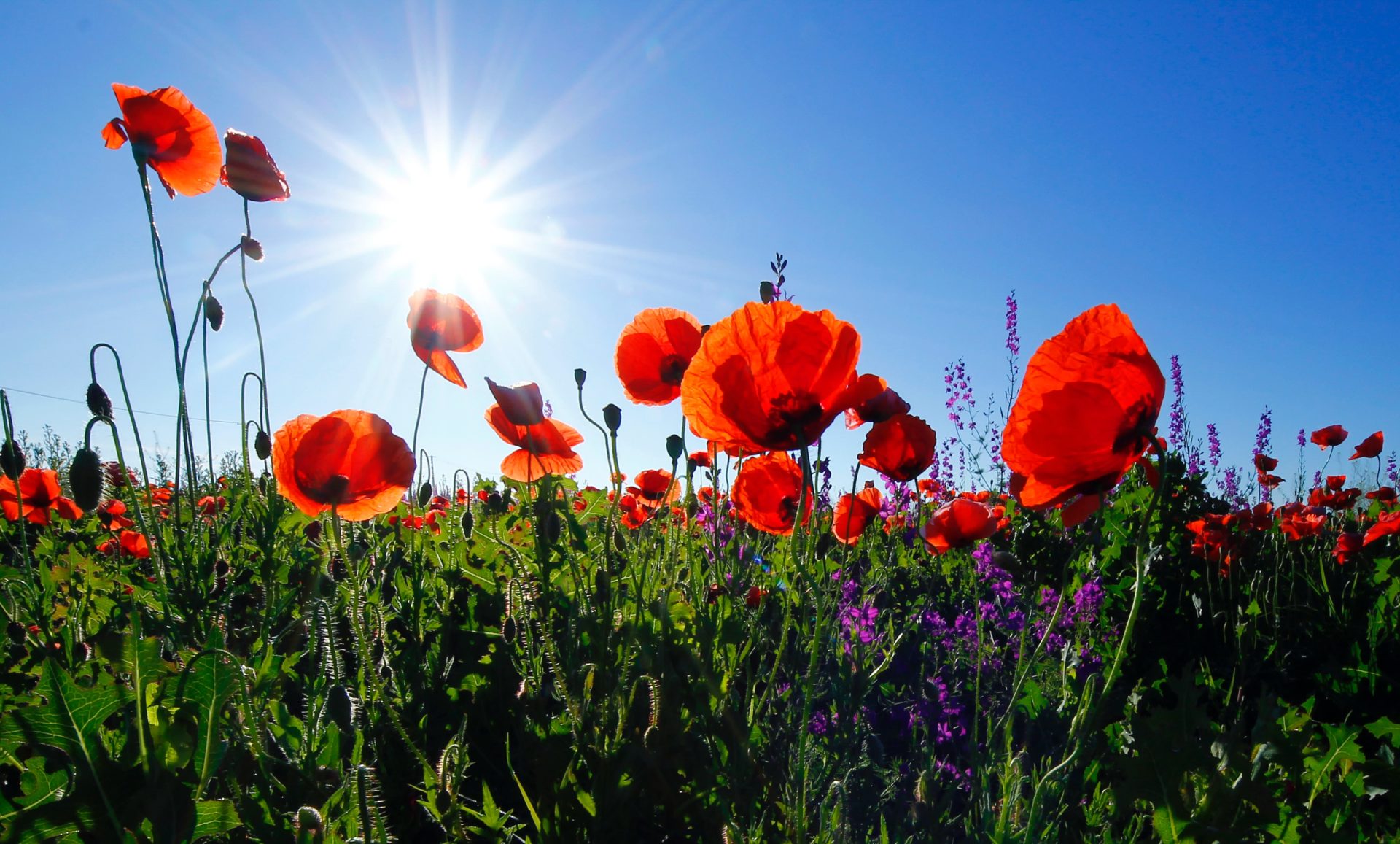
Red poppies beneath the sun and a clear blue sky.
Photo by Corina Ardeleanu on Unsplash
Billion-year-old-carbon and the garden
We are stardust
Billion year old carbon
We are golden
Caught in the devil’s bargain
And we’ve got to get ourselves
Back to the garden
Her song encapsulates this season, which we mark off by reminding ourselves that we are but dust, and to dust we shall return.
To the broader public, Lent appears to be the period when some groups of Christians give up dessert or social media or some other measure of luxury to remind themselves of the sacrifice Christ made while in the wilderness. I would like to posit that this year we think of Lent less of a period of sacrifice and more of a period of journey back to where we came from – the garden.
These parallel stories highlight the necessary difference between Christ, as human, and actual humanity. Whereas humanity fails in its temptation, Christ can withstand it. Christ, as human, fixes what humanity breaks, that is Christ rejects the promises of the serpent in the only way humanity can, by an incarnate God. He finds his way “back to the garden,” and this body of flesh and dust, left alone in the wilderness, starts to undo what humanity fell into, that is rejecting the temptation to be more than dust. Humans were never meant to be God, but they were meant to dwell alongside God in the garden.
Perhaps then, Lent should be a time for us to remind ourselves of our mortality – a mortality that arises from our failure to be more than “billion-year-old carbon,” which the sentient Roombas in the future will attack. We need to wrestle with this and not just use the Lenten season to give up a luxury. We have always been dust (Genesis 2:7) but we are dust reflecting the imago Dei. We are dust born of love and as caretakers of creation. We are dust that fails time and again, but Christ was also born of dust and lived among us to show us that even dust can do good things. We may be “stardust,” but we can be so much more. Lent asks us to take a hard look at that and embrace our fallenness by looking back toward the garden, and toward the future when we will trade off our brokenness and tabernacle with God again.
The views expressed are those of the author and not necessarily those of American Baptist Home Mission Societies.


